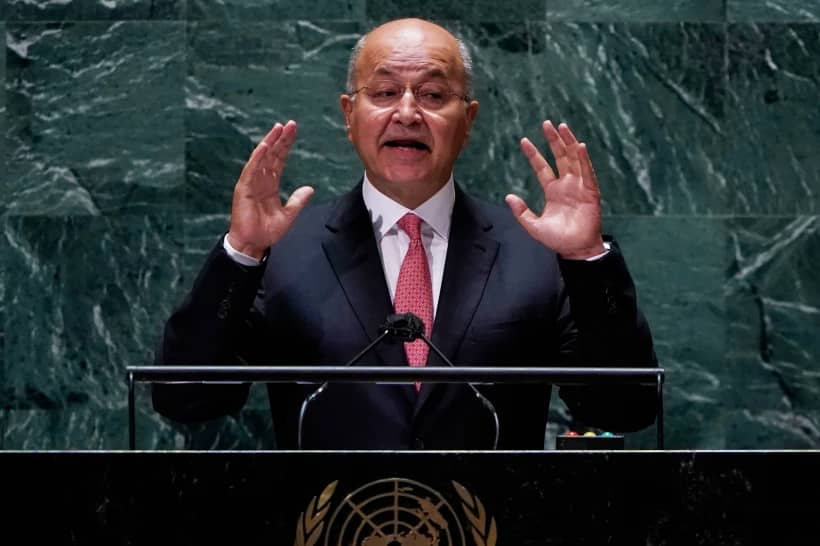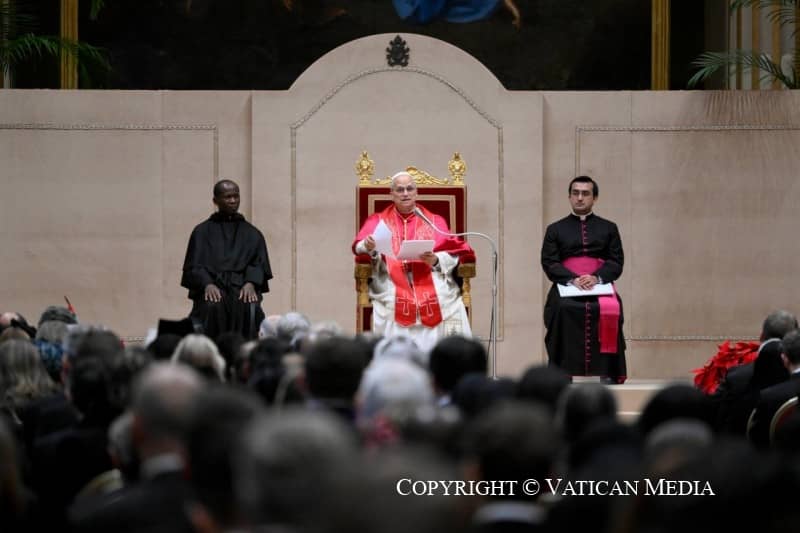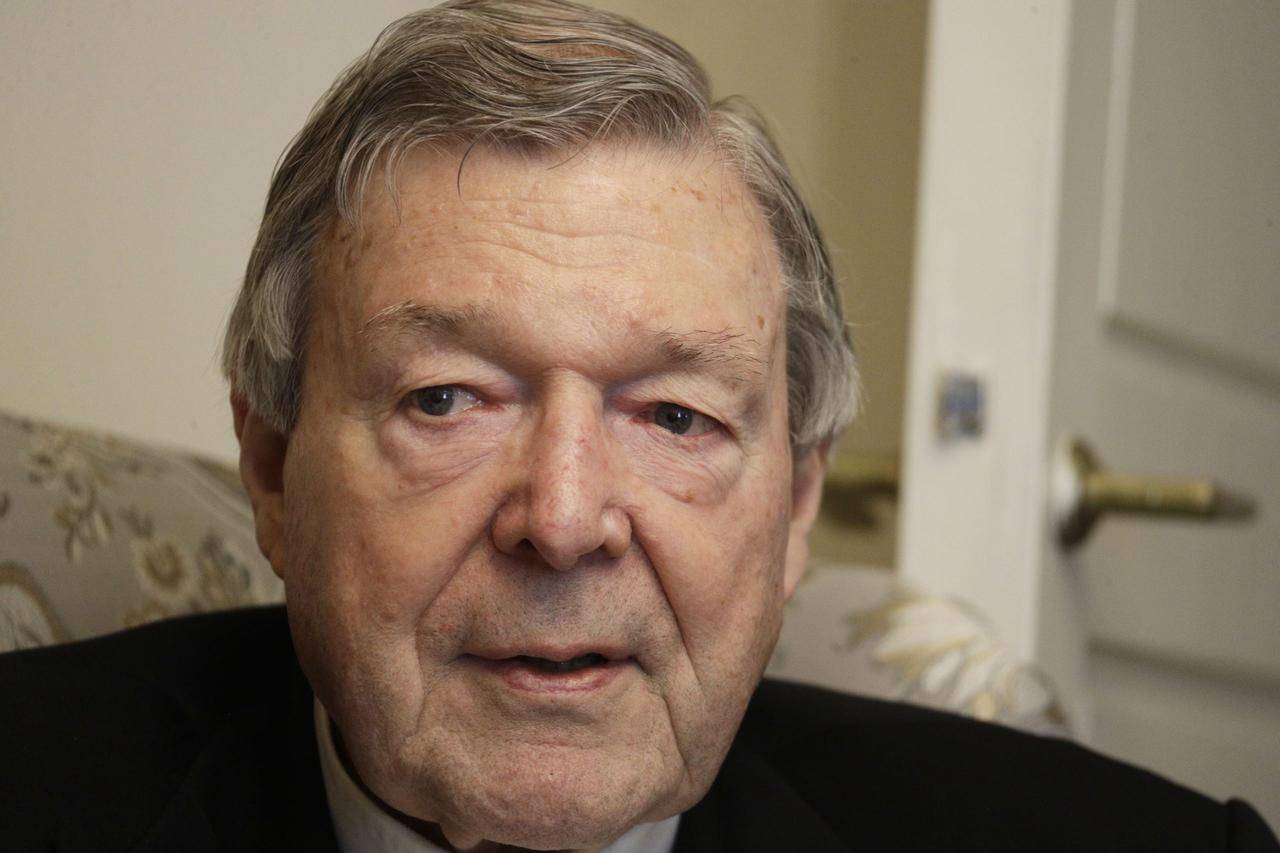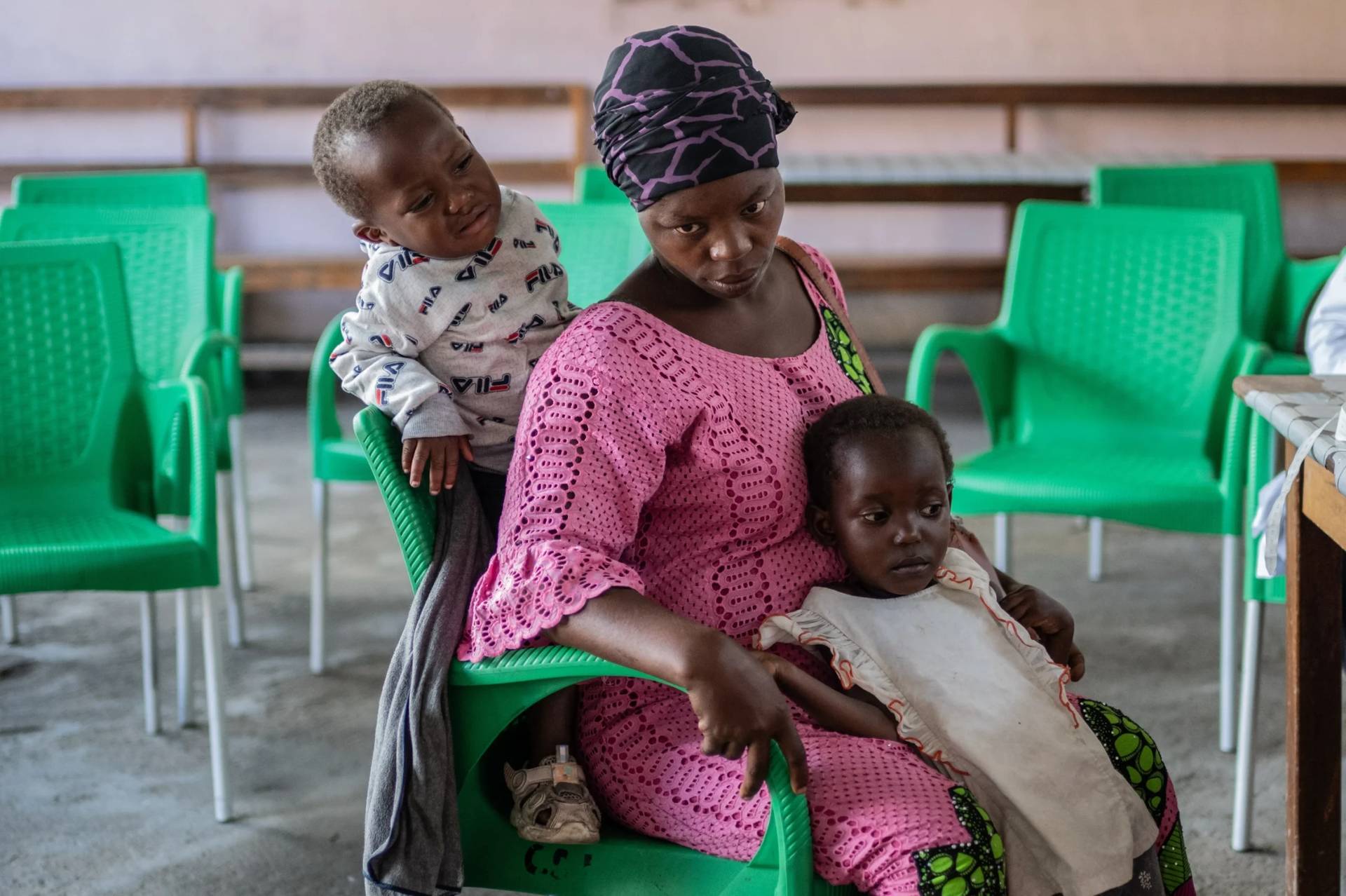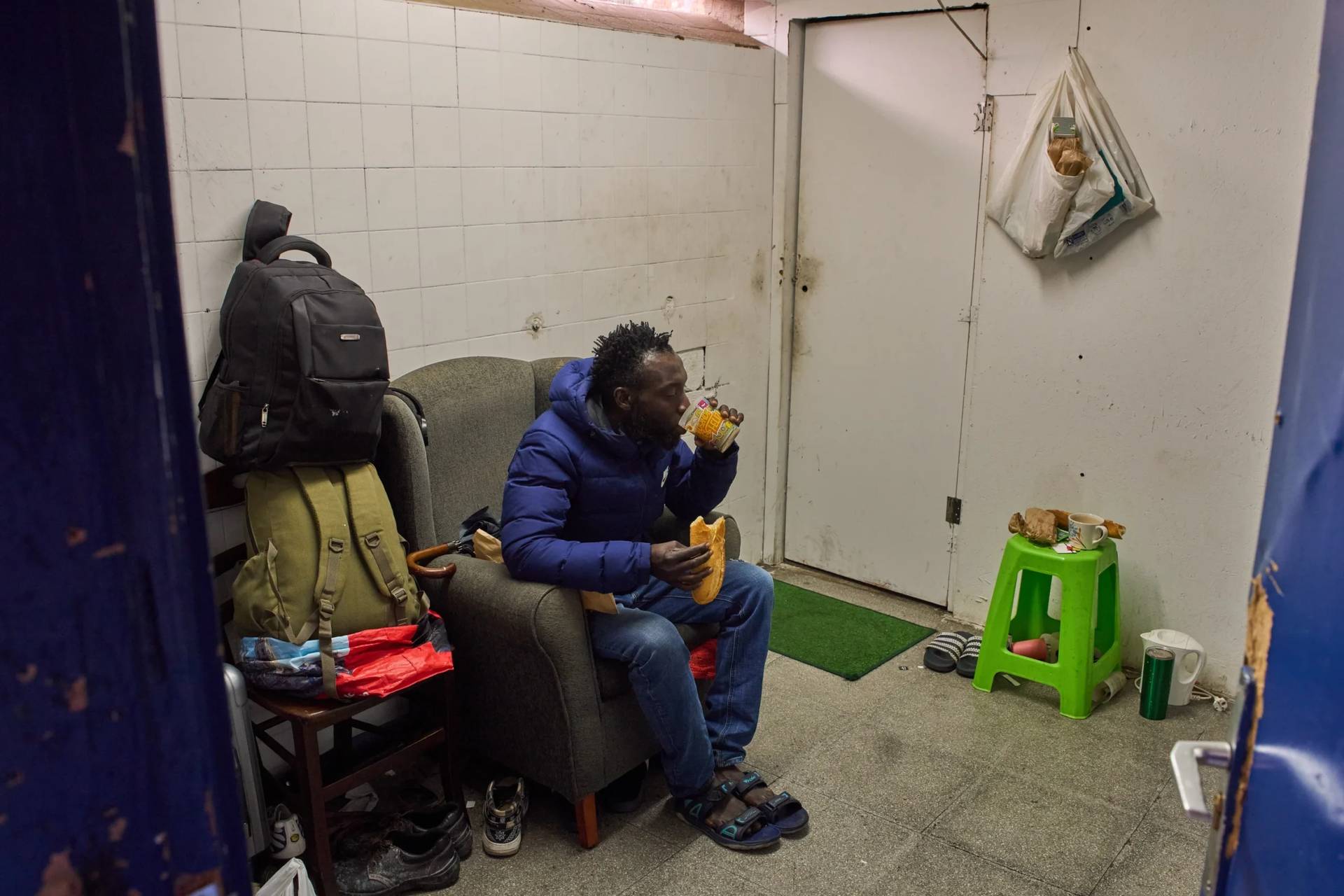ROME – One day after the Synod of Bishops closed with appeals for the Church to become more welcoming, inclusive and compassionate, a mid-sized city near Italy’s Tyrrhenian coast has offered a timely reminder that, in all honesty, Catholicism at its best has been in the welcoming business all along.
On Monday, the Church of St. Francis in the Tuscan city of Grosseto was filled to capacity for the funeral of Beppe Prevosti, a former homeless man and beggar who died Oct. 27 at the age of 64, after having found a new lease on life in his adopted Church and home, becoming a symbol of second chances.
According to a lengthy autobiographical letter he left behind, Prevosti was originally from the city of Brescia in northern Italy and had a relatively normal life as a young man. After finishing high school he found work in a mechanical workshop, earning a salary sufficient to pay rent and fund vacations three or four times a year.
In the early 2000s, he said, a friend asked him to help out in a bakery where he worked, so Prevosti started spending early mornings there and then the rest of the day in the workshop, effectively doubling his income. Yet at the same time, Prevosti explained, he developed a gambling problem and began spending even more than he earned on lottery tickets and slot machines.
In the end he relocated to the region of Umbria and began living on the streets, surviving on whatever he could collect as a beggar. He then moved to Pisa and lived with some other homeless persons on the streets, finally deciding to hop on a train without the money for a ticket in hopes of reaching Naples.
Instead, he explained, the conductor discovered him and ordered him off at the next stop, which turned out to be Grosseto.
There, Prevosti took to sleeping and begging under the arc of one of the old entrances to the center city, where he earned a reputation as a mild-mannered, kindly soul, and many locals began not only giving him spare change but dropping by for chats, including discussing whatever he happened to be reading, since he became known for always having a book in his hands.
One day, a Franciscan priest named Father Franco Cencioni happened to be passing by and saw a small crowd gathered around Prevosti. Today 97, Cencioni, described approaching Prevosti on impulse to ask him to have lunch together.
From that point, Prevosti began attending the Church of St. Francis, even living for a time with the Franciscan friars who have a community there. They in turn introduced him to a couple in the parish who were looking for someone to care for elderly relatives, thereby giving Prevosti a job and the means to find his own small place to live.
Parishioners at St. Francis said that Prevosti continued to be a regular in the life of the community, often opening the doors of the church and the Franciscan residence to people seeking help. Locals recalled him showing up at parish events on a rickety bicycle, usually with a tub of gelato to share. He also performed manual labor around the parish, and became a regular in visiting the sick and comforting those who had lost family members during funerals.
The current pastor, Father Lorenzo Gemmi, insisted that Prevosti gave his adopted community as much as he received.
“Beppe’s life speaks to us of the Gospel,” Gemmi said. “It was good news, of rebirth and change. It’s a story that has much to say to us, because we too, even if we’re not living in poverty and hunger, sometimes we too lose hope … but Beppe’s life speaks to us about what’s always possible.”
Father Stefano Giorgetti likewise paid tribute.
“The church community welcomed you, caressed you, admired you and loved you,” Giorgetti said. “In turn, you were always there for everyone. And like you did at St. Francis, opening the door with a smile, now you’ll open the doors of paradise to anyone asking to come in.”
Prevosti was fond of citing a phrase of St. Francis, to the effect that “if we want to live happily, we need someone who’ll help us to be happy.”
By all accounts, Prevosti found his “someone” in the Franciscan community and parish where he spent the last years of life with a renewed sense of both family and purpose. Of course he’s just one case, but the number of Catholic parishes, convents, monasteries and sanctuaries that have their own Beppe Prevosti stories to tell is basically incalcuable.
It’s a small-scale lesson, perhaps, that the Catholic Church doesn’t really need to reinvent the wheel when it comes to inclusion – it just needs to let its natural instincts take over.









